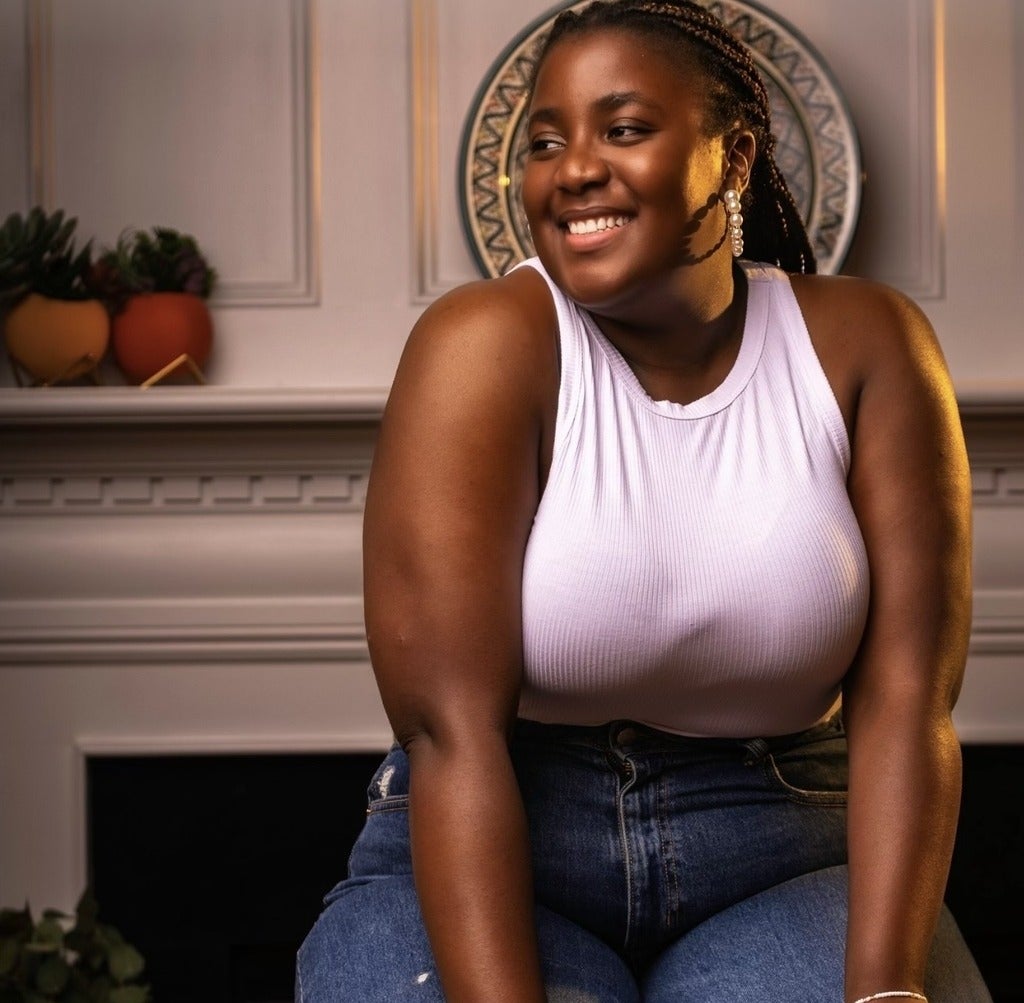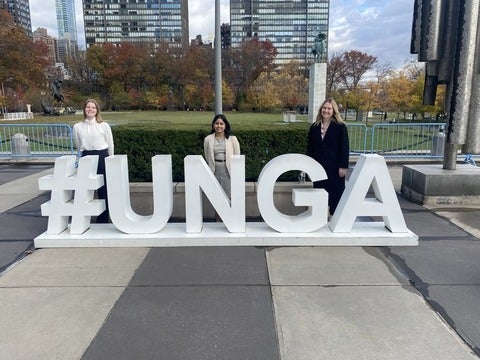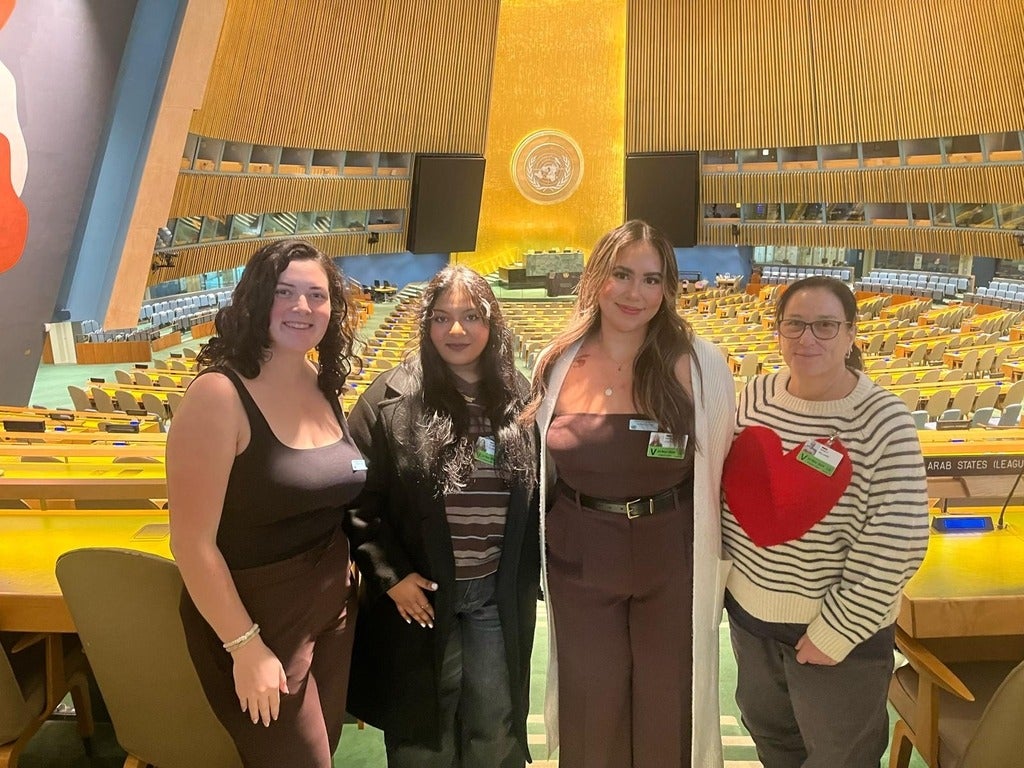On March 12, 2025, three University of Waterloo students based at Conrad Grebel University College competed in the Annual C. Henry Smith Oratorical Speech Contest established by the late C. Henry Smith in 1974. Each student presented their speech to a panel of judges along with an audience of staff, faculty, and students. Teena Faust, a second-year Peace and Conflict Studies (PACS) and Philosophy student, was awarded first place and a cash price of $1000. She will represent Grebel and the University of Waterloo at the bi-national speech competition later this year. Ella Funk, a fourth-year creative and professional writing student, won second place and a cash prize of $500. Finally, in third place, winning a cash prize of $300 was Lucas Shumaker, a third-year international student studying environmental engineering.









